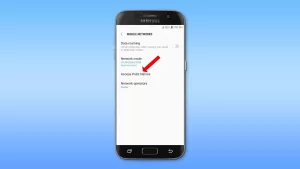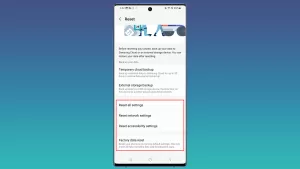If you have a Samsung Galaxy Note 9 slowed down after updating to Android 9.0 Pie, read this post as it will tackle the issue and provide different solutions to fix it.
Firmware issues may often occur after a major update like when the Samsung Galaxy Note 9 android pie received it’s Android 9.0 Pie update. It’s often not because the firmware is corrupt or bad but because some system files may have been corrupted during the update process. The problems you may encounter could be very annoying but they’re easier to fix than most people think.
In this post, I will walk you through in troubleshooting your Galaxy Note 9 that because really slow shortly after the Android Pie update. I will share with you the most effective solutions in addressing this kind of problem. So, if you’re one of the owners of this device and are currently having similar issue, continue reading as this article may be able to help you one way or another.
Before we move on though, if you are looking for a solution to another problem, visit our Note 9 Help Guides page for we’ve already fixed a lot of issues with this phone. Odds are that we already published articles that addressed the same problem as yours so take time browsing through that page to see if you can find anything helpful.
Going back to our troubleshooting, here’s what you need to do if your Note 9 started to slow down after updating it to Android 9.0 Pie…
- Perform the Forced Restart procedure.
- Run phone in safe mode.
- Wipe cache partition to replace system cache.
- Factory reset phone.
Assuming that the issue started after an update, then it could mean that there’s a little issue with the firmware. The first thing you must do is perform the forced restart to refresh your phone’s memory and reload all its apps and service.
To do this, press and hold the volume down and the power keys at the same time for 10 seconds or more. This should reboot the phone like it normally does but after this, try to see if the performance improved. If the problems persists, then move on to the next procedure.
Running your phone in safe mode will temporarily disable all third-party applications and services. With this, you’ll be able to know if some of your apps are also causing the poor performance. In this mode, your phone is expected to run smoothly as only pre-install applications are left running. However, if the problem continues, then the problem could be in the firmware.
The next thing you should do is wipe the cache partition to delete the old system cache and replace it with a new one. This process is done automatically while your phone is booting up. All you have to do is restart it in recovery mode and follow on-screen instructions to wipe cache partition from there. If the phone is still slow after doing this, then you have to do the next procedure to finally fix this issue.
The next procedure is factory reset. When it comes to firmware-related issues, this one will surely fix the problem and considering that the performance issue you’re currently experiencing occurs only after an update, a reset is all you need at this point to fix it.
So make sure to create a backup of your important files and data as they will be deleted during the process. You can reset your Note 9 through the Settings menu or by rebooting it in recovery mode just like when you wiped the cache partition.
I hope that we’ve been able to help you fix the problem with your device. We would appreciate it if you helped us spread the word so please share this post if you found it helpful. Thank you so much for reading!
RELEVANT POSTS:







